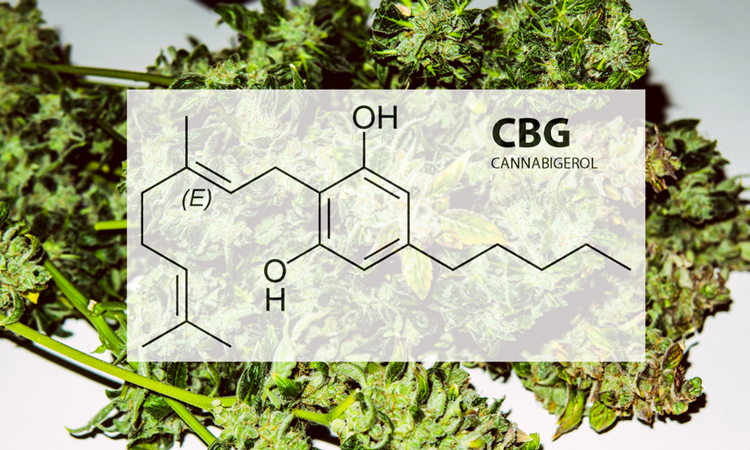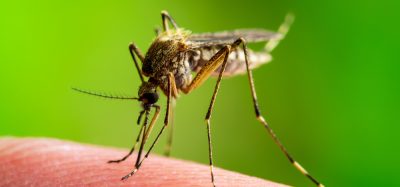Antibacterial cannabinoid compound identified by researchers
Posted: 27 February 2020 | Victoria Rees (Drug Target Review) | No comments yet
A study has revealed that the compound cannabigerol (CBG) is effective as an antibacterial in mice, by preventing bacteria from forming biofilms.


Researchers have identified an antibacterial compound produced from cannabis plants which they say may serve as a lead for new drug development.
The findings suggest real therapeutic potential for cannabinoids as antibiotics”
The study, conducted at McMaster University, Canada, found that the cannabinoid cannabigerol (CBG) is effective in mice against a resilient family of bacteria known as methicillin-resistant Staphylococcus aureus (MRSA).
“In this study, we investigated 18 commercially available cannabinoid compounds and they all showed antibiotic activity, some much more than others,” said study lead Eric Brown, professor of biochemistry and biomedical sciences at McMaster. “The one we focused on was a non-psychoactive cannabinoid called CBG, as it had the most promising activity. We synthesised that cannabinoid in mass quantity which gave us sufficient compounds to go deep into the research.”
The research team found CBG prevented the ability of MRSA to form biofilms and it destroyed pre-formed biofilms and cells resistant to antibiotics. The cannabinoid achieved this by targeting the cell membrane of the bacteria. These findings in the laboratory were supported when mice with an MRSA infection were given CBG.
“CBG proved to be marvellous at tackling pathogenic bacteria,” Brown said. “The findings suggest real therapeutic potential for cannabinoids as antibiotics.”
The caveat noted by the research team is the toxicity of CBG on the host cells, which makes the study’s findings an important lead rather than a likely final product, Brown said.
“It opens a therapeutic window, but a narrow one, to develop this into a drug,” he said. “The next steps are to try to make the compound better in that it is more specific to the bacteria and has a lower chance of toxicity.”
The findings were published in the journal American Chemical Society Infectious Diseases.
Related topics
Cannabinoids, Drug Targets, Hit-to-Lead, Research & Development, Therapeutics, Toxicology
Related organisations
McMaster University
Related people
Eric Brown








